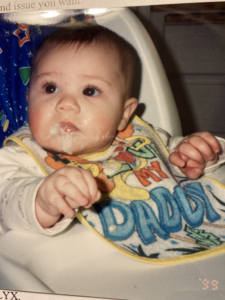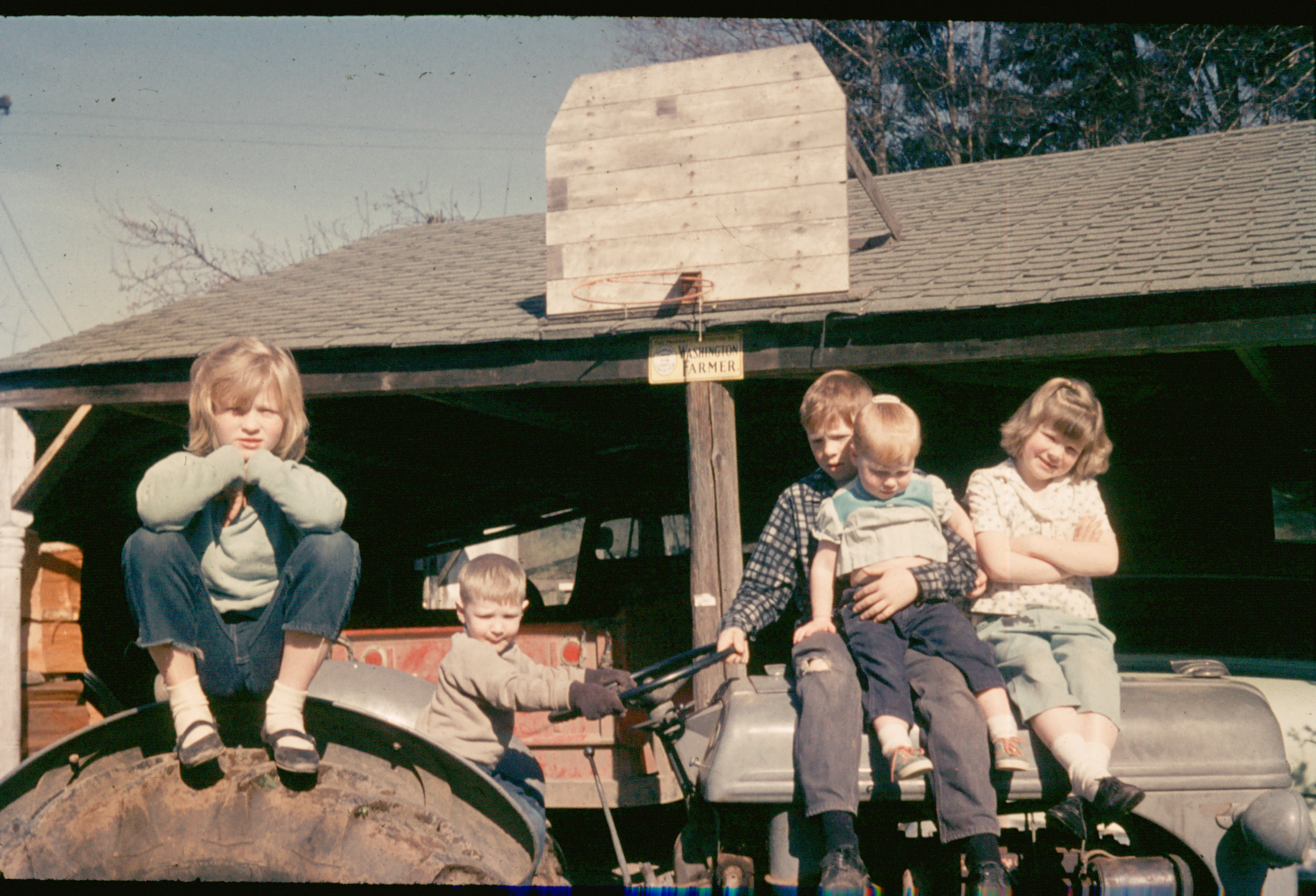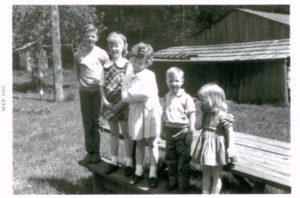A friend called yesterday and asked if I’d meet her for a late lunch and a writing session. Last I heard, she was taking a personal essay class, and I was eager to hear how it turned out. Fascinating — it resulted in a complete block and NO writing for 2 months!
We ate our lunch, drank our lattes (mine, plain; hers, pumpkin spice), and talked. When we were finished and had opened our notebooks, another old friend wandered in and we both slammed shut our notebooks and said, “Yay!” (Again, fascinating.) Lucky for us, and our writing practice, he was meeting someone else, so after a little more chit chat, after he had wandered off, I said, “Okay, let’s write.”
I shared two of my strategies for breaking through blocks: 1) writing questions (particularly of the block itself, but any questions will do, just write a long list of them and see where they take you); and 2) holding a dialogue with the block — imagining it as a person and interviewing it.
We picked up our pens and we started writing. We wrote for 15 minutes, (And she filled three notebook pages.) Then we read some excerpts aloud. We talked some more. We ended with a my friend writing out a contract:
“I, _______________________, will write for 20 minutes every day for 2 weeks.” She signed it, dated it, and I signed as her witness. We’ll meet again in 2 weeks.
If you’re not writing at all, then 20 minutes is a start. The muse can be elusive. She’s easily frightened away. She can stay away for 2 months! Or 2 years! But if you keep showing up, even in small chunks of time, giving up one TV show, or one bout with Spider Solitaire, or one phone call with someone you probably didn’t want to kill time with anyway, the muse will show up, too. The muse may surprise you, and get you writing way more than 20 minutes. You won’t know until you try.



 Encouraged by my friend Janet (see her unfortunately neglected but still stellar blog,
Encouraged by my friend Janet (see her unfortunately neglected but still stellar blog, 

